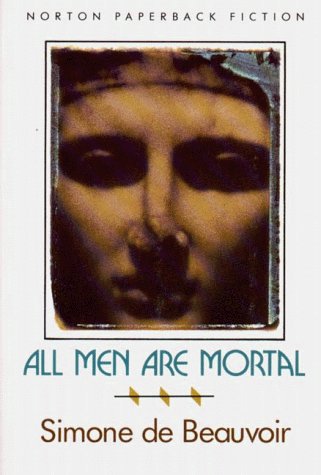
Iron in the Soul
Book Description
A gripping dance of freedom and despair unfolds in the heart of wartime Paris. As soldiers fight for survival, lives intertwine in a treacherous web of love, loyalty, and betrayal. Each character grapples with haunting choices, wrestling with the chains of existential dread and the burden of their own souls. The weight of iron constricts their hearts, leaving no room for compromise. Can they find meaning in a world drenched in chaos and uncertainty? As the clock ticks down, hope and despair collide in a relentless struggle. What will it take to break free from the iron in their souls?
Quick Book Summary
"Iron in the Soul" (originally published in French as "La Mort dans l'âme") is Jean-Paul Sartre's harrowing exploration of human existence during the opening days of World War II in France. The novel follows several characters—including the idealistic Mathieu—as they navigate the collapse of their world order when Paris falls under Nazi occupation. Sartre delves deep into each character’s internal struggles, exposing their vulnerabilities, doubts, and existential anxieties. As the chaos of war lays bare the futility and moral ambiguity of their actions, the characters are forced to confront not only death, but also the terrifying freedom of choice in a meaningless world. "Iron in the Soul" is a powerful meditation on suffering, courage, and the search for meaning amidst despair, encapsulating Sartre’s existentialist philosophy within the crucible of war.
Summary of Key Ideas
Table of Contents
Existential Freedom and Responsibility
Set against the backdrop of wartime Paris, "Iron in the Soul" begins as France faces military defeat and occupation. The city’s collapse mirrors the internal disintegration of Sartre’s protagonists, each grappling with the trauma and uncertainty wrought by war. Central among them is Mathieu, a philosophy teacher who finds himself, for the first time, at the mercy of uncontrollable events. Sartre uses the impending doom to strip away societal illusions and exposes the raw states of fear and indecision that beset those unable to escape the conflict’s reach.
The Absurdity of War and Human Suffering
The existential theme of freedom pervades the narrative. Characters are repeatedly confronted with choices that illuminate Sartre's concept of radical freedom and its accompanying responsibility. Mathieu and his companions are forced to decide not only between resistance and surrender, but also between deeply ingrained values and the demands of harsh new realities. Yet, with freedom comes the painful realization of personal accountability, accompanied by anguish, guilt, and self-doubt as each character questions the significance of their own actions.
Interpersonal Relationships: Love, Loyalty, and Betrayal
Against the existential terror, relationships between characters are tested. Love is depicted as both a comfort and a burden, revealing the tension between intimacy and autonomy. Betrayals—small and large—reflect the eroding trust under wartime conditions, while acts of loyalty serve as rare beacons of hope. Each character’s emotional entanglements become battlegrounds where their deepest fears and desires erupt, showing how existential crises can fracture or deepen human connections.
The Search for Meaning in Chaos
Through vivid imagery and introspective narration, Sartre explores the absurdity and suffering inherent in war. The brutality and randomness of death undermine any sense of justice or meaning, leaving the characters confronting the absurd with little consolation. The metaphorical “iron in the soul” alludes to the weight of existential despair and the inability to escape one’s own consciousness. Facing death, the characters vacillate between numb resignation and defiant courage, their existential dread heightened by the omnipresence of violence and loss.
The Burden of Self-Awareness and Despair
Ultimately, the quest for meaning becomes the novel’s central struggle. Each character tries to assert agency, whether through decisions of conscience, small acts of resistance, or their attempts to shape relationships amidst chaos. Sartre’s vision is unsparing, suggesting that authenticity can only emerge through willingness to face despair. The novel closes with no easy answers—only the certainty that confronting the iron in one’s soul is the price of human freedom.
Download This Summary
Get a free PDF of this summary instantly — no email required.





